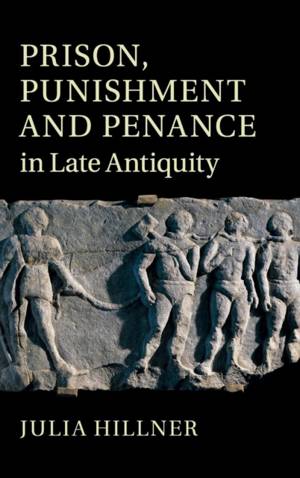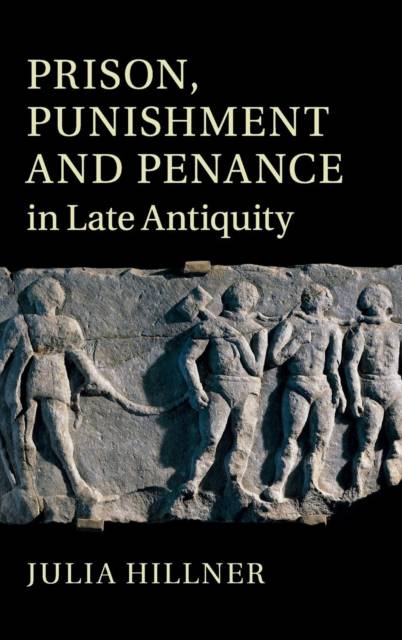
Je cadeautjes zeker op tijd in huis hebben voor de feestdagen? Kom langs in onze winkels en vind het perfecte geschenk!
- Afhalen na 1 uur in een winkel met voorraad
- Gratis thuislevering in België vanaf € 30
- Ruim aanbod met 7 miljoen producten
Je cadeautjes zeker op tijd in huis hebben voor de feestdagen? Kom langs in onze winkels en vind het perfecte geschenk!
- Afhalen na 1 uur in een winkel met voorraad
- Gratis thuislevering in België vanaf € 30
- Ruim aanbod met 7 miljoen producten
Zoeken
€ 206,45
+ 412 punten
Omschrijving
This book traces the long-term genesis of the sixth-century Roman legal penalty of forced monastic penance. The late antique evidence on this penal institution runs counter to a scholarly consensus that Roman legal principle did not acknowledge the use of corrective punitive confinement. Dr Hillner argues that forced monastic penance was a product of a late Roman penal landscape that was more complex than previous models of Roman punishment have allowed. She focuses on invigoration of classical normative discourses around punishment as education through Christian concepts of penance, on social uses of corrective confinement that can be found in a vast range of public and private scenarios and spaces, as well as on a literary Christian tradition that gave the experience of punitive imprisonment a new meaning. The book makes an important contribution to recent debates about the interplay between penal strategies and penal practices in the late Roman world.
Specificaties
Betrokkenen
- Auteur(s):
- Uitgeverij:
Inhoud
- Aantal bladzijden:
- 444
- Taal:
- Engels
Eigenschappen
- Productcode (EAN):
- 9780521517515
- Verschijningsdatum:
- 5/06/2015
- Uitvoering:
- Hardcover
- Formaat:
- Genaaid
- Afmetingen:
- 150 mm x 231 mm
- Gewicht:
- 748 g

Alleen bij Standaard Boekhandel
+ 412 punten op je klantenkaart van Standaard Boekhandel
Beoordelingen
We publiceren alleen reviews die voldoen aan de voorwaarden voor reviews. Bekijk onze voorwaarden voor reviews.









